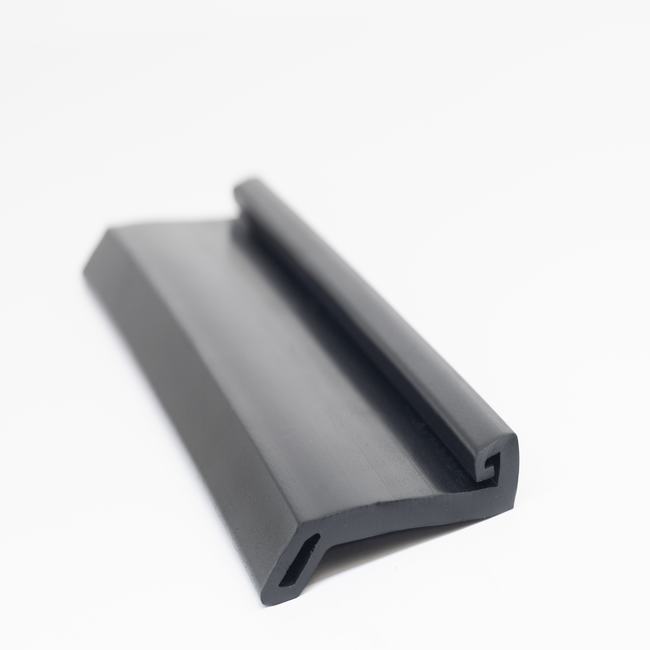GRP (Glass Reinforced Plastic) pipe seals, also known as fiberglass pipe seals, are specialized gaskets or sealing elements designed for use with GRP pipes. GRP pipes are made of a composite material that includes fiberglass and plastic resin. These pipes are commonly used in various industries for the transportation of fluids, including water, chemicals, and sewage. GRP pipe seals play a critical role in ensuring the integrity and leak-free operation of these pipes. Here’s more information about GRP pipe seals:
Features and Characteristics:
- Material Compatibility: GRP pipe seals are designed to be compatible with the specific material properties of GRP pipes. They are engineered to provide an effective and long-lasting seal, preventing leaks or fluid seepage.
- Resistant to Corrosion: One of the primary advantages of GRP pipe seals is their resistance to corrosion. GRP pipes are chosen for their durability in corrosive environments, and the seals must complement this corrosion-resistant property.
- High-Temperature Resistance: Depending on the application, GRP pipe seals may need to withstand elevated temperatures. These seals can be designed to maintain their sealing performance even in high-temperature conditions.
- Chemical Resistance: GRP pipes are often used to transport various chemicals. As such, GRP pipe seals are engineered to resist chemical exposure, ensuring that they do not degrade or lose their sealing properties when in contact with different fluids.
- Pressure Ratings: GRP pipe seals are available in various pressure ratings to accommodate different applications, from low-pressure systems to high-pressure industrial processes.
- Customization: Manufacturers offer customization options for GRP pipe seals to ensure they fit specific pipe dimensions and sealing requirements. Customized seals may vary in size, shape, and design.
Applications:
- Water and Wastewater Treatment: GRP pipe seals are commonly used in water treatment facilities, sewage systems, and wastewater treatment plants to ensure watertight connections between pipes and fittings.
- Chemical Processing: Industries that deal with the transport of corrosive chemicals often use GRP pipes and corresponding seals to prevent leaks and chemical reactions. These can include industries like petrochemicals, mining, and manufacturing.
- Oil and Gas: GRP pipes and seals are employed in the oil and gas sector, particularly for offshore applications, as they provide resistance to both seawater and various chemicals.
- Infrastructure Projects: GRP pipes are sometimes chosen for underground and underwater infrastructure projects such as tunnels, culverts, and stormwater drainage systems. GRP pipe seals ensure secure connections in such applications.
- Marine and Shipbuilding: The marine industry uses GRP pipes and seals for various applications, including shipbuilding and offshore platforms, where resistance to seawater and corrosion is crucial.
- Power Generation: In power plants and facilities where cooling water is transported through pipes, GRP pipe seals are employed to prevent leaks and maintain system integrity.
GRP pipe seals are essential components in ensuring the efficient and safe operation of GRP pipe systems. They help prevent leaks, corrosion, and other potential issues, contributing to the overall reliability and longevity of these piping systems across various industries.


